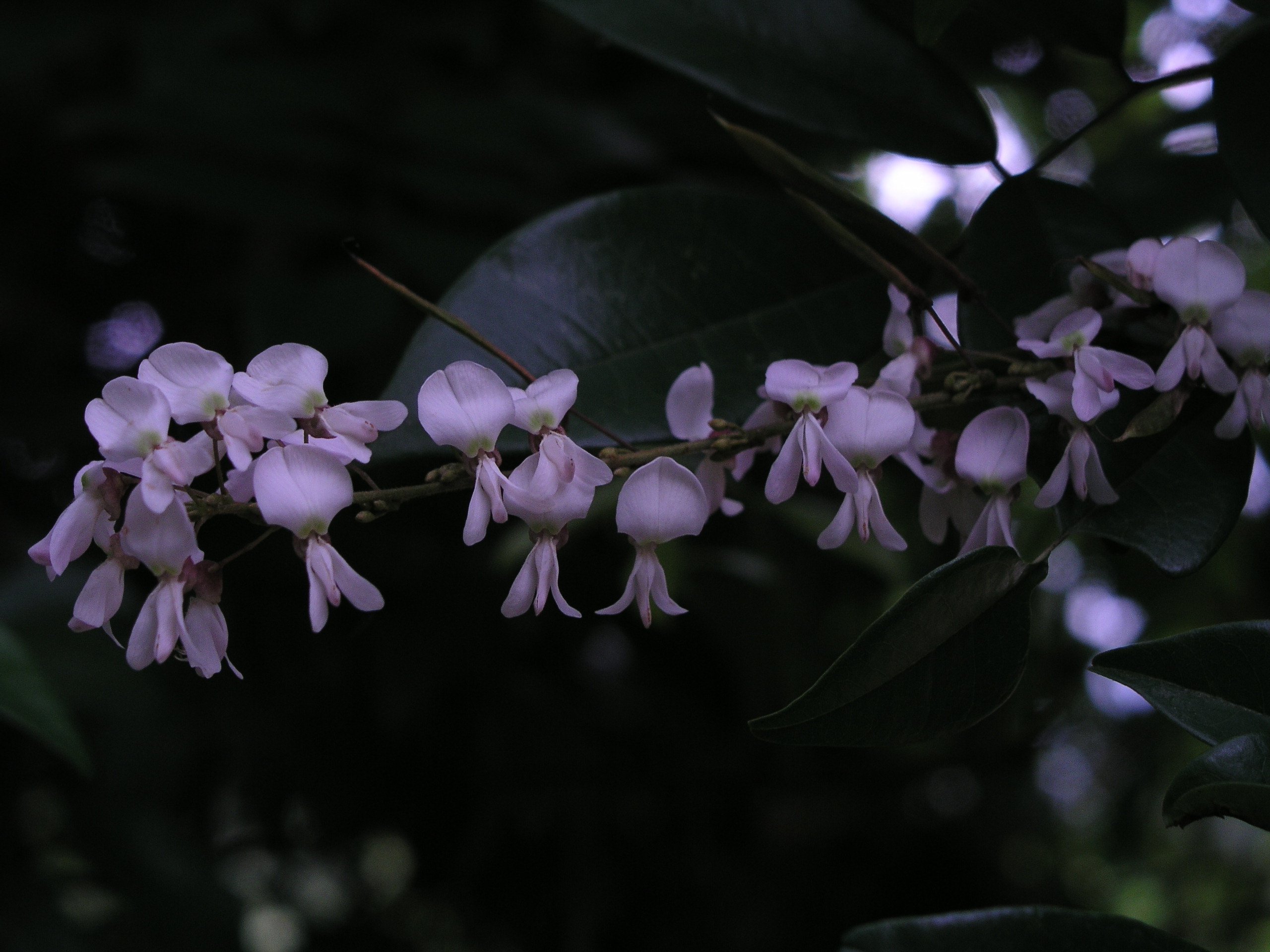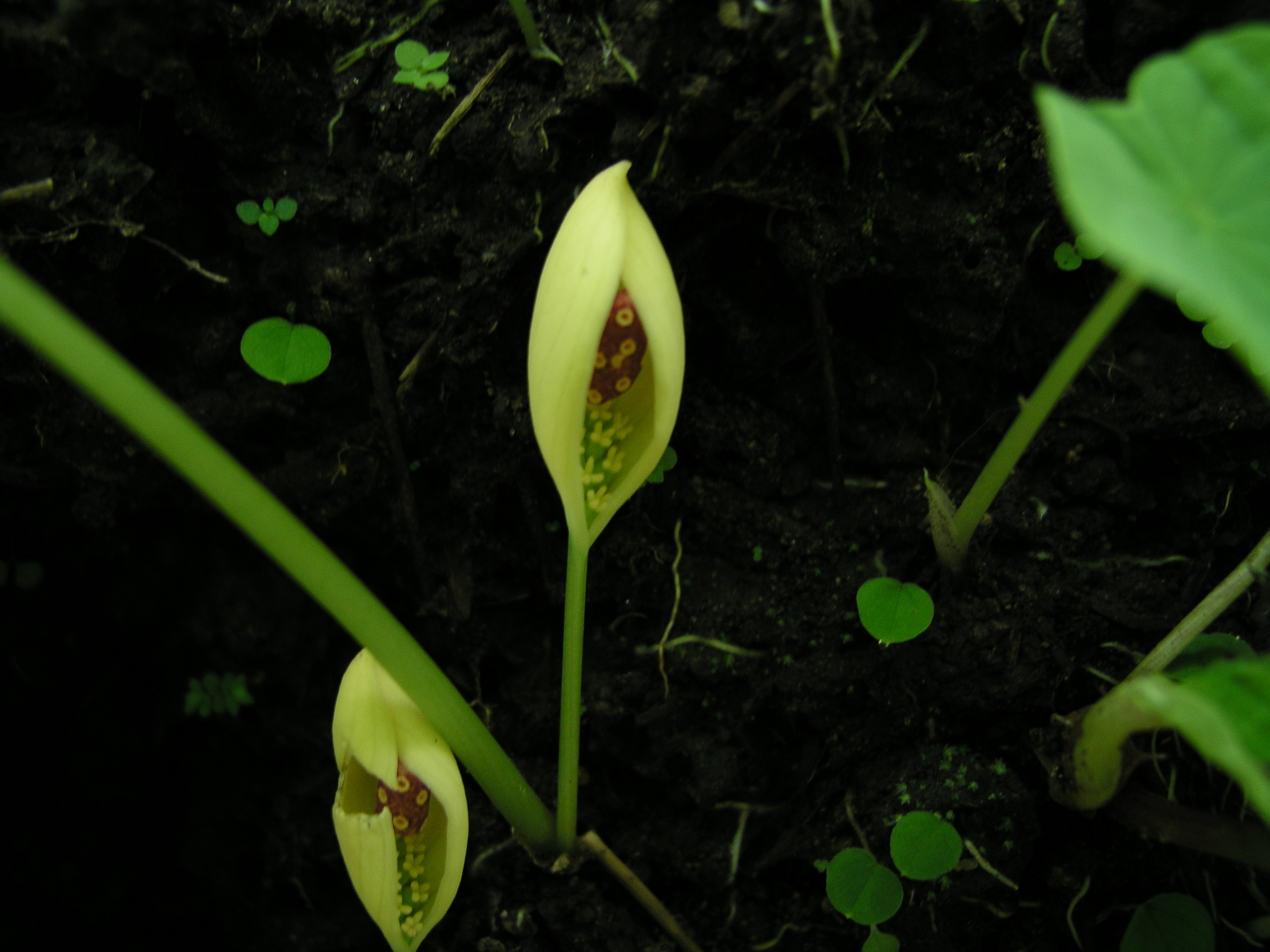Introduction |



The conservation and sustainable management of ecosystems are the vital components in the pursuit of development goals that are ecologically, economically and socially sustainable. This requires an understanding of the complex functioning of ecosystems, and recognition of the full range and diversity of resources, values and ecological services that they represent, with the ability to significantly influence climate at local as well as at the global scale. Sustainability implies the equilibrium between society and the natural resources. This entails careful and conservative utilization of natural resources to maximize their availability over time.
In this regard, a n approach with holistic integrated strategies considering all components and functions of the ecosystems in developmental planning is quintessential. Also, there is a need to conserve and benefit from the knowledge of uses and the traditions of conservation of this biological diversity. This formidable challenge of ecosystem approach of conservation (ecosystem management) can be addressed only through proper understanding the ecosystem functioning, addressing the socio-economic values bounded by the institutional mandates. Equitable benefit sharing among all, especially local people, ensures the sustainability of natural resources. Sustainable management of ecosystems is possible only with the co-operation of the people, many of whom still depend on them for their day-to-day sustenance and the knowledge of the status and dynamics of these ecosystems resides with these same people.
The current issue of Sahyadri E News is based on filed investigations undertaken in " Tenka Yekkaru Grama Panchayat, Mangalore Taluk, Dakshina Kannada District, Karnataka " to understand the biodiversity value of the ecosystem in the vicinity of biodiversity hotspot – Western Ghats .